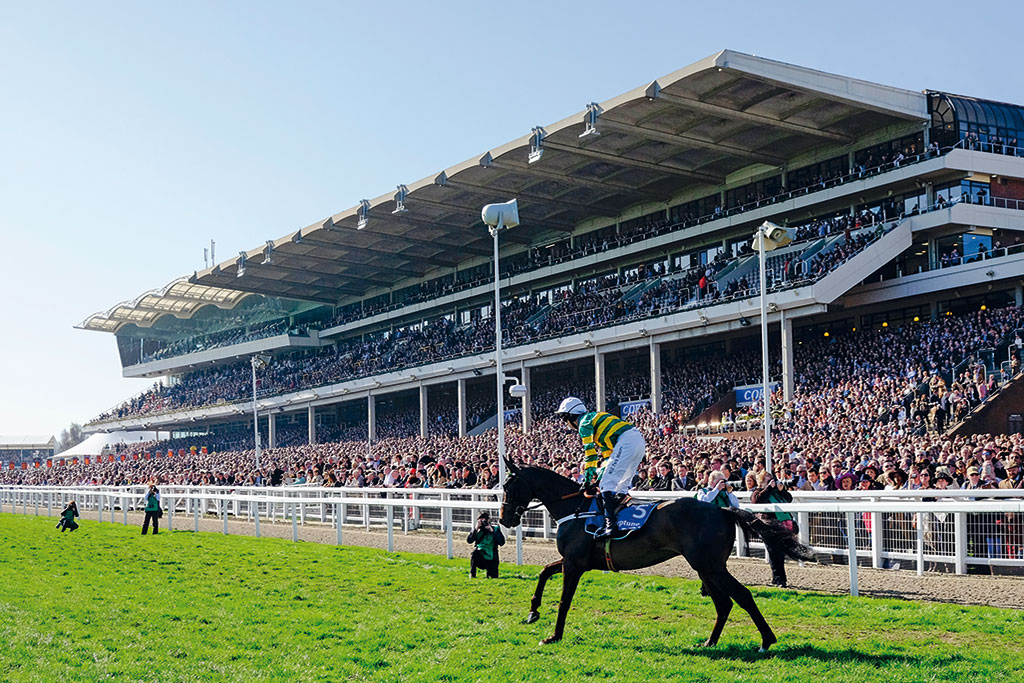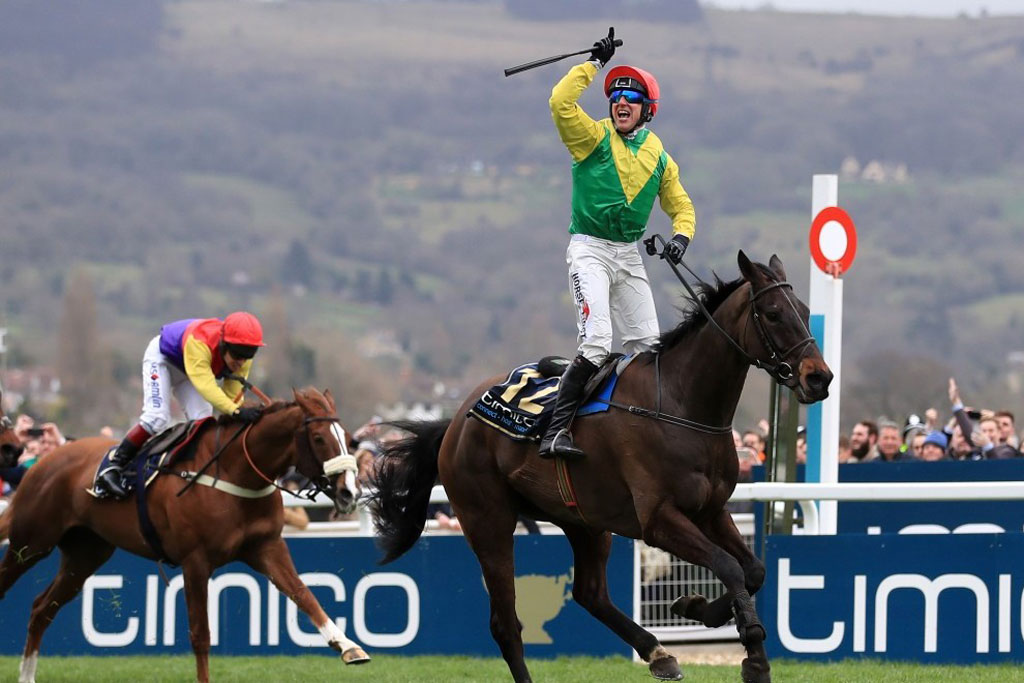Cheltenham Festival: Sebastian Coe on the ‘Olympics of Jump Racing’
The man of many talents discusses the popular horse racing event...
This post may contain affiliate links. Learn more
The awe-inspiring Cheltenham Festival is the Olympics of jump racing, says Sebastian Coe. Read his monthly column, as featured in the Country & Town House April issue…

There is no such thing as a free lunch, so they say. Actually, this one was not only free, it was also a very jolly affair in Lambourn, in the valley of the racehorse, where I found myself sitting with former National Hunt Champion Jockey John Francome. Knowing that my editor had asked me to ruminate on the first of my great British sporting days out – the Cheltenham Festival – I took the advice given to me many years ago by my history tutor: ‘Always go to a primary source if you really need insight.’
On Your Marks, Get Set…
A winner of the Cheltenham Gold Cup, riding for the legendary Fred Winter on Midnight Court in 1978, a winner too of the World Hurdle on Derring Rose and on the formidable Jenny Pitman’s Burrough Hill Lad, Francome won the Welsh Grand National, the Hennessy and the King George VI Chase – not too bad given that he started life as a show jumper.
I plunged in: ‘What did Cheltenham mean to you?’ Francome, known for his straight talk and laconic humour, responded sharply: ‘A few extra quid in the bank.’ He smiled… ‘Cheltenham is the biggest test for any jump jockey – and by a distance. It’s such a tough bloody course. From the off it’s downhill, undulates all over the place and, just when you’ve let the horse go too quickly, you then face a big uphill, and, at the top, you still have a mile to go. Fred [Winter] always insisted you hugged the rail which meant it was a tougher ride even though you covered marginally less ground.’
Conversations at Scarfes Bar: Sebastian Coe
As he explained the challenge of mastering all the different elements of the race, I was making the obvious comparison with competitive athletics. On the track you have to make similar judgements and often just as quickly. I liken it to high-speed chess. Do you stay tight in lane one and risk being knocked all over the place, or ease into lane two, making the trip a bit longer but benefitting from a less cluttered run and protecting the economy of effort?
This is by no means where the similarities end. Martin Pipe, who on 15 occasions was crowned Champion National Hunt Trainer, leant heavily on athletics for his training. Pipe met my father and coach many times and openly acknowledged the use of interval training and speed endurance as espoused by him.

May the Best Horse Win
Cheltenham, of course, is so much more than equine physiology. It is the Olympics of jump racing. There are no easy races, both jockey and horse have to be in tip-top condition and it is a world that, rather like athletics, is still coming to terms with the loss of a superstar. Just as we waved goodbye to Usain Bolt, AP McCoy has left a big a hole in the racing world. Richard Johnson looks set to fill that gap again this year and, naturally, the bragging rights as to the leading trainer will be every bit as acute as for the leading jockey. And for the leading yard, that remains the province of a select few, and continues to be a battle for English or Irish supremacy. Henderson and Nicholls for the former, Mullins and Elliott for the latter.
Big sporting occasions like this ultimately come alive not on the balance sheet but on the field of play. The thunderous wall of noise that greets the riders from the very first race is spine-tingling. I have only witnessed the same decibel level on two other occasions, the start of the Grand National and when Mo Farah bravely hit the front for his long run for home in the Olympic stadium in 2012. Not even the entry of the Cup Final teams at Wembley gets close.
Subscribe to Country & Town House to read Sebastian Coe’s sports column each month, before anyone else.
